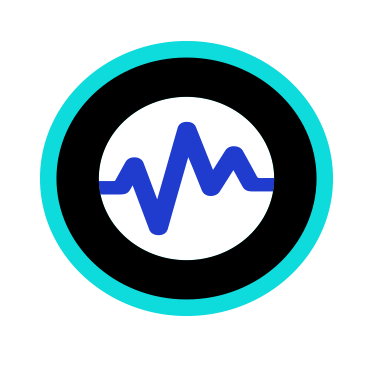Industry players warn that while voice technology has the ability to reach a larger audience, it must be implemented with privacy as a top priority.
Read MoreVanderbilt University Medical Center will take a major step next month to make this vision a reality with the launch of a pilot to demonstrate a prototype of such a system, which leverages Nuance’s AI-based Dragon Medical Virtual Assistant technology integrated with VUMC’s Epic EHR.
Read MoreThe U.K.’s National Health Service (NHS) has partnered with tech giant Amazon to enable patients to access verified health information using Alexa devices.
Read More“As we’ve seen how voice has sort of become this sort of natural technology that we’ve seen in the consumer space, there’s a power to bring that exciting effort to what’s happening in the consumer domain into health care,” said John Brownstein, chief innovation officer at Boston Children’s Hospital.
Read MoreAs the technology matures, digital assistants offer plenty of promise for healthcare organizations.
Read MoreOn the latest episode GeekWire Health Tech podcast, we have the second installment in a two-part series on the rise of voice assistants in healthcare. We’ll hear from Saykara and Tuzag, two Seattle-area startups that are creating a future where voice assistants make healthcare more human by freeing doctors from their keyboards and even forming relationships with patients.
Read MoreIn the future, nearly twice as many millennials will interact with voice assistants on a monthly basis in-comparison to their Generation X counterparts. This means that digital voice assistance has the potential to become mainstream and do some amazing things in the process.
Read More“Smart speakers have a huge opportunity to become the medical hub of the home,” said John Brownstein, chief innovation officer at Boston Children’s Hospital. “It’s important to start benchmarking the ability of these tools to understand medical terms so they can continue to evolve to serve patients.”
Read MoreHome devices that use AI may be able to pick up signs of distress and call for help.
Read MoreGeisinger is launching a new study to test if a novel technique can detect flare-ups or exacerbations experienced by patients with chronic obstructive pulmonary disease (COPD) by listening to their voices through their smart phones.
Read MoreUnified Physician Management introducing AI-powered, voice-enabled tool across a network of over 1,500 women's health providers to maximize clinician time with patients.
Read MoreVoice is the most obvious next step of user interface that is going to radically change the way we interact with technology in healthcare services. You ain’t heard nothin’ yet.
Read MoreVarious investors, including Stanley Black & Decker's corporate venture capital arm, Samsung Ventures, Civilization Ventures and others took part in the round.
Read MoreThe product (codenamed Dylan) is being developed by Amazon's hardware development team Lab126 and its Alexa division. Designed to be worn on the wrist, the device seemingly has a form factor similar to a smartwatch.
Read MoreJohn Brownstein, the chief innovation officer at Boston Children’s Hospital, has likewise seen voice apps evolve over the years…the addition of HIPAA compliance allowed Brownstein’s team to take things much further. “We could finally start rolling out use cases where there was a direct connection to the care that a patient was being provided at our hospital,” he said. The Boston hospital’s latest voice effort focuses on helping patients recover after cardiac surgery.
Read MoreKristi Ebong, Orbita SVP Strategy and GM Healthcare Providers, is taking part in a panel discussion at the healthcare investment conference MedCity INVEST in Chicago April 23-24 called, “What Can Alexa/Voice Do for Healthcare?”
Read MoreWith the recent news from Amazon, that Alexa can be used for HIPAA compliant skills, the opportunities are broader than simple healthcare education or query and can include two-way asynchronous communication and data collection.
Read MoreSince deploying speech recognition and integrating it with its athenahealth EHR, the group practice has seen the average note completion time drop from 4.8 minutes to 1.6 minutes per note.
Read MoreArtificial-intelligence assistant meets privacy rules, giving device a potential daily role with patients. New features let Alexa schedule urgent-care appointments, check health-insurance benefits, read blood-sugar results and handle other health-care tasks.
Read More




















